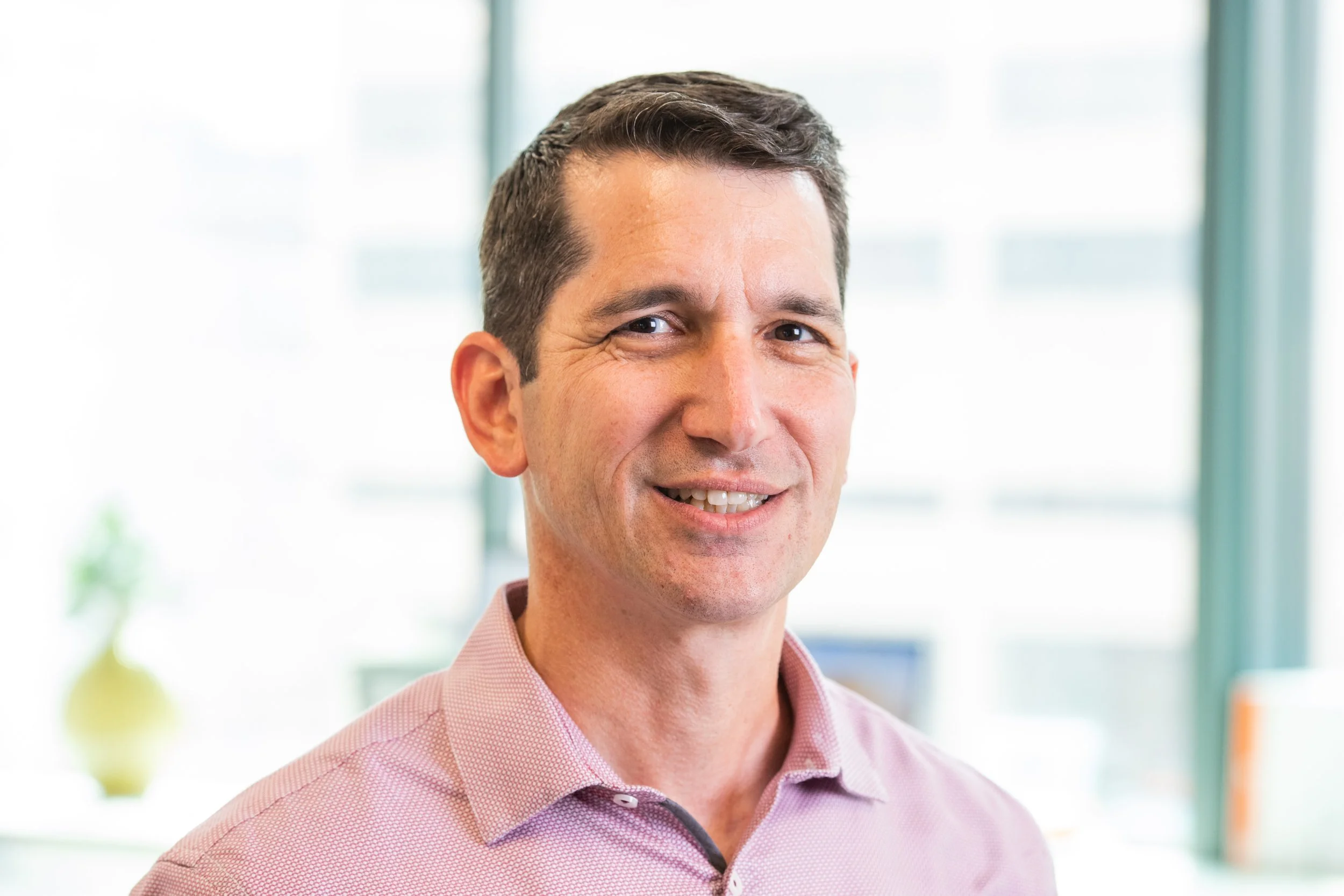Profile: Todd Federman
Meet Todd Federman,
Managing Director, North Coast Ventures
Name: Todd Federman
Job: Managing Director, North Coast Ventures
City: Beachwood, Ohio
Hometown: Shaker Heights, Ohio
Q: Tell us about your work.
I lead North Coast Ventures, a for-profit group of over 400 individual investors across 7 funds that invest in B2B SaaS startups in Ohio and beyond. We are currently the largest single-chapter investor group in the country, and we try to leverage that network to open doors for our portfolio companies in a strategic and systematic way. NCV has invested nearly $100M in 75+ companies.
Q: What excites you about early stage B2B SaaS companies?
B2B SaaS is an exciting part of the innovation landscape because it's part technology, part market insight, and part process change. None of the problems that these startups are seeking to solve happen in a vacuum. They involve complicated organizations, lots of moving parts, and different players within an organization. It's fun to see the creative solutions that emerge when people with deep expertise take the leap and create a startup to go after an opportunity.
Q: What is your take on the current climate in VC and startups, both in Ohio and nationally?
Startups today find themselves in a challenging position compared to the past several years, but it's more of a return to normal versus a bigger secular change. Recently, companies were able to access cheap capital far more readily. It took less of a team, less of a product, and less traction than was the case historically. We are in a tighter capital market now so those days are over, but there is still a great deal of opportunity for the strongest companies. NCV has not slowed down writing checks, but that is not true for all investors. The shift appears to be more acute on the coasts.
Q: What is a trend in technology or innovation that doesn't get enough attention?
I'll focus this answer more on the environment into which startups are selling versus the technology itself. In the current economy, corporate budgets have tightened, and priorities have narrowed. Whereas in a stronger economy, there was more capital to make investments and more flexibility internally, right now, only the top priorities are being addressed. Everything else is on hold. Today's founders need to ensure their products are oriented to the very top priorities of the markets they're selling into and make changes accordingly. The reality is that investments being proposed by buyers must be mapped to hard ROI or very strategic initiatives; otherwise, they will be shifted to the parking lot, and that's not a place that startups want to be.
Q: What makes Ohio special to you?
The sandbox we play in is far more accessible than many other places. Experts and prospective customers are often a single introduction away. They are willing to pick up the phone and listen. That kind of openness and goodwill is very valuable to startups and is one of our secret weapons. If used wisely, it can help Ohio's startups establish a leg up over competitors across the country.
Q: What is a recent piece of media (book, movie, news podcast, etc.) that you have found interesting?
I've read a lot recently on the different ways that work and personality characteristics manifest in Gen Z versus others generations. The conventional wisdom is that parenting styles shifted in the 90s, reducing this generation’s ability to experience free-play, solve problems, and learn from challenging situations. I only buy into this partly, but I have thought a lot about how understanding how people were brought up can lead to a better understanding of their style and capabilities. Given how important culture is to startups, I believe this “screen” should be part of the interview and onboarding process in a startup environment. Only those people with great capabilities and problem-solving skills can be successful in a startup, and that may be an ever-diminishing part of today's workforce. There’s a book, How to Raise an Adult, by Julie Lythcott-Haims, which is a deep dive into how parenting trends over the last few decades have created certain strengths and weaknesses. Contemplating this through a startup lens has been eye opening.
Q: What do you like to do for fun when you're not working?
Most of my non-working time revolves around some form of play or transportation for kids that are 13, 11, and 7. We are always kicking a soccer ball, throwing a football, cheering on gymnastics, or rock climbing. Constant motion rules the day. It’s a lot of fun and a healthy distraction to the ups and downs of the startup world.
—
Learn more about Todd’s work by connecting with him on LinkedIn.

